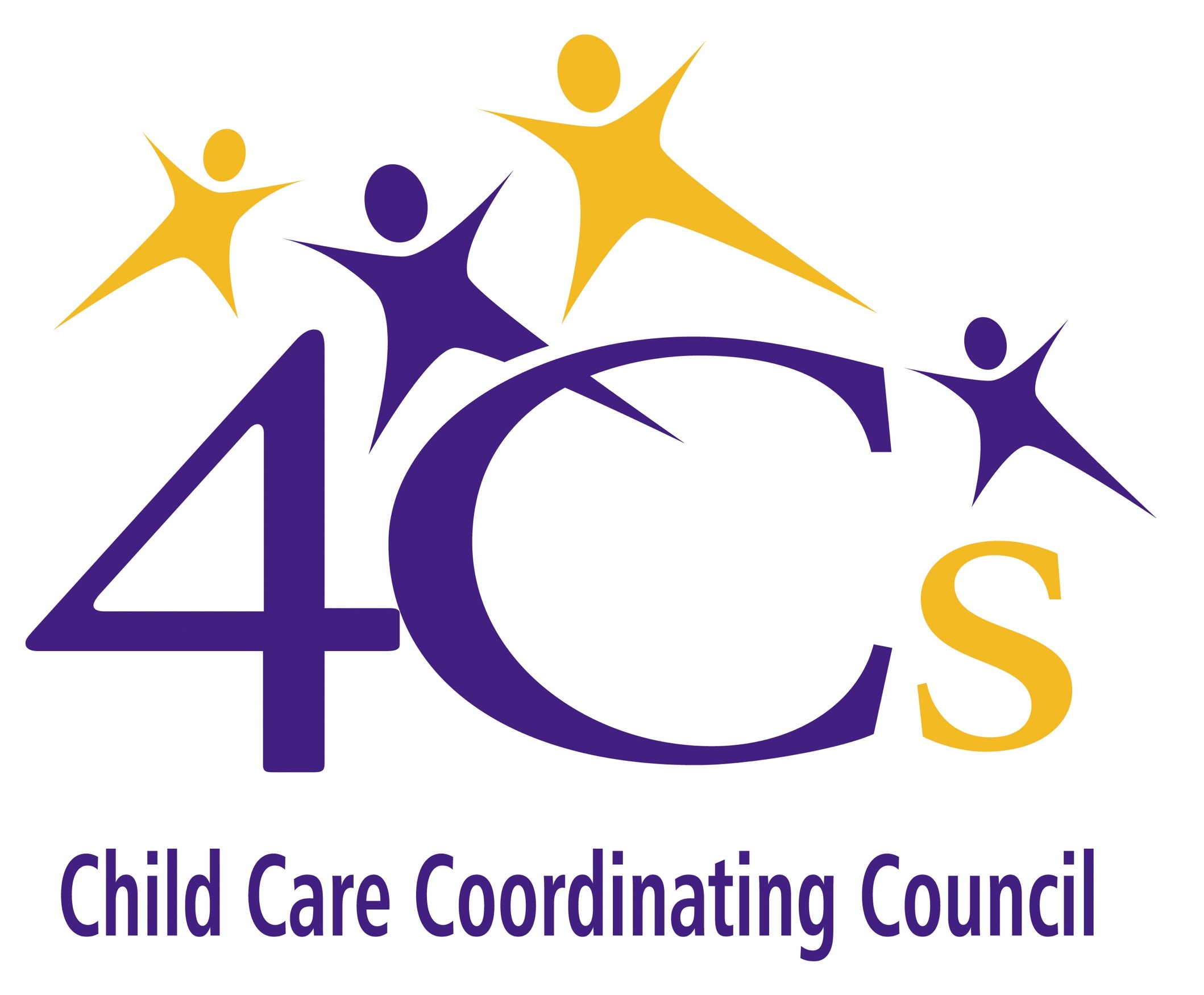All children need an environment where they can explore, grow and thrive. Attentive caregivers who understand well the needs and stages of early childhood development, will promote healthy and safe practices. Children in different age groups have different needs for stimulation, engagement, comfort, relationship development and rest. Based on your child’s age, here are some things to consider when choosing child care.
Infants
New parents can draw on a wealth of information, developed by researchers and practitioners, on the characteristics of quality care for infants and toddlers.
Quality programs:
- Offer activities designed to appeal to all of your baby’s developing senses
- Use soft toys, blocks, and items that can be taken apart and put back together
- Talk and sing to children, engaging them in listening to the world around them.
- Offer a safe place for infants to move about. You may want to ask yourself, ‘Does this program feel safe, secure, warm, and comfortable for babies?’
- Be able to see and hear all the babies in their care at one time
Babies experience an important developmental milestone between 8 and 12 months, making transitions between parents and caregivers more difficult for them. This is a normal phase in your baby’s development; however it may be advisable not to start a new child care program during this time.
Preschool
Programs for preschool-age children (typically ages 3-5 years old), vary in their education approach and philosophy. Some utilize a specific curriculum such as Montessori and Head Start. A high-quality program supports children’s health and development. Though programs differ greatly, there are some common elements that are shared among high quality programs.
Quality programs:
- Are warm and caring, and they get to know each child and family well
- Help children learn how to play, work together, and make friends
- Plan activities so that all children can join in
- Include every child’s family, language, and culture in the program
Some Preschools demonstrate their commitment to providing quality by volunteering to participate in Quality Counts.
Teachers are the guides or facilitators for these experiences, preparing a safe and engaging environment for the child to discover. A quality program will also allow for ample outdoor play, arts and crafts, music, nature/science activities, basic math, and dramatic play.
School-Age Children
While many school-age children may not participate in organized before and after school programs, research has shown that children in this age group can benefit from activities that allow children to work on new skill areas, build self-esteem and social skills, and develop talents. School-age children can benefit from before and after school programs that allow them to learn from “hands on” activities, working, and playing both individually and in small groups.
Quality programs:
- Provide board games and educational computer games, sports, crafts, and tutoring assistance
- Regularly change the materials and activities to allow children to experience new challenges, and have the freedom to move around between projects during the day
- Display examples of children’s work to show them they are valued
- Ask questions to encourage and engage children in conversation
School-age children are also developing social skills and the caregiver acts as the facilitator for children to experience cooperation and negotiation with their peers. As with programs for all ages, the teacher should communicate with the family on a regular basis about the child’s progress and challenges.
Our trained referral counselors are available to help you find age-appropriate care in your area and answer other questions you may have. Search our online database, contact us at (650) 517-1460, or send us an email to info@sanmateo4Cs.org.
